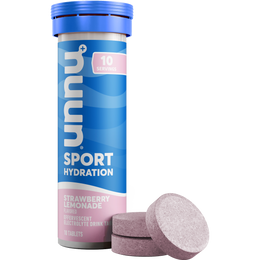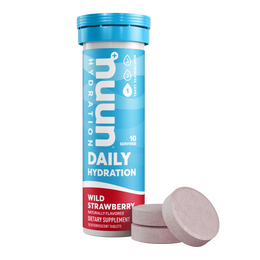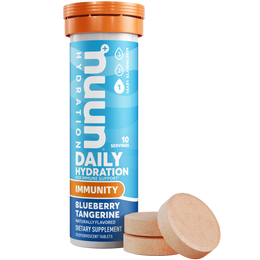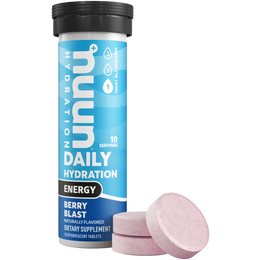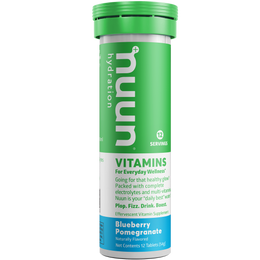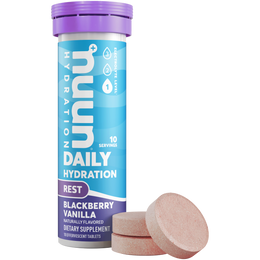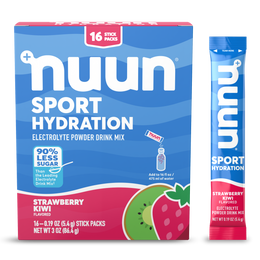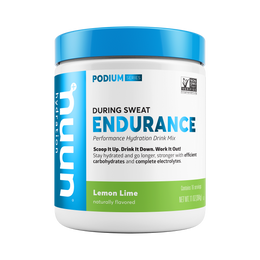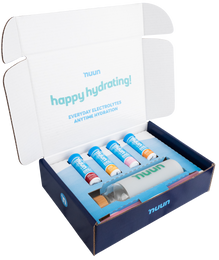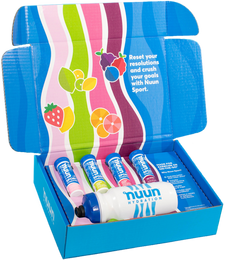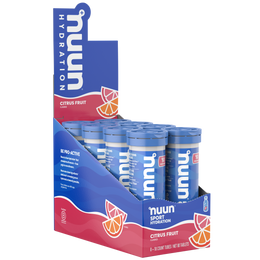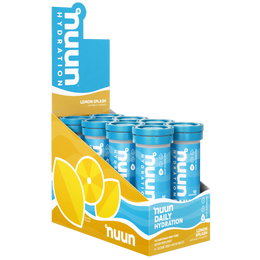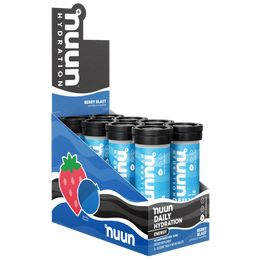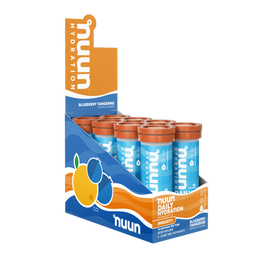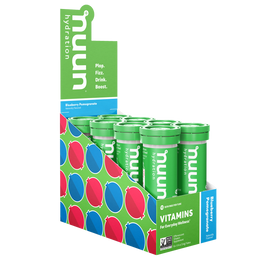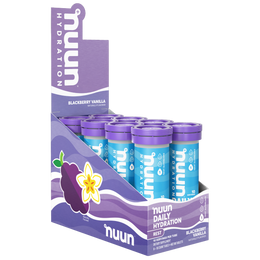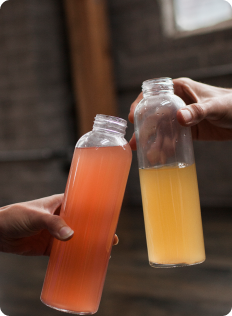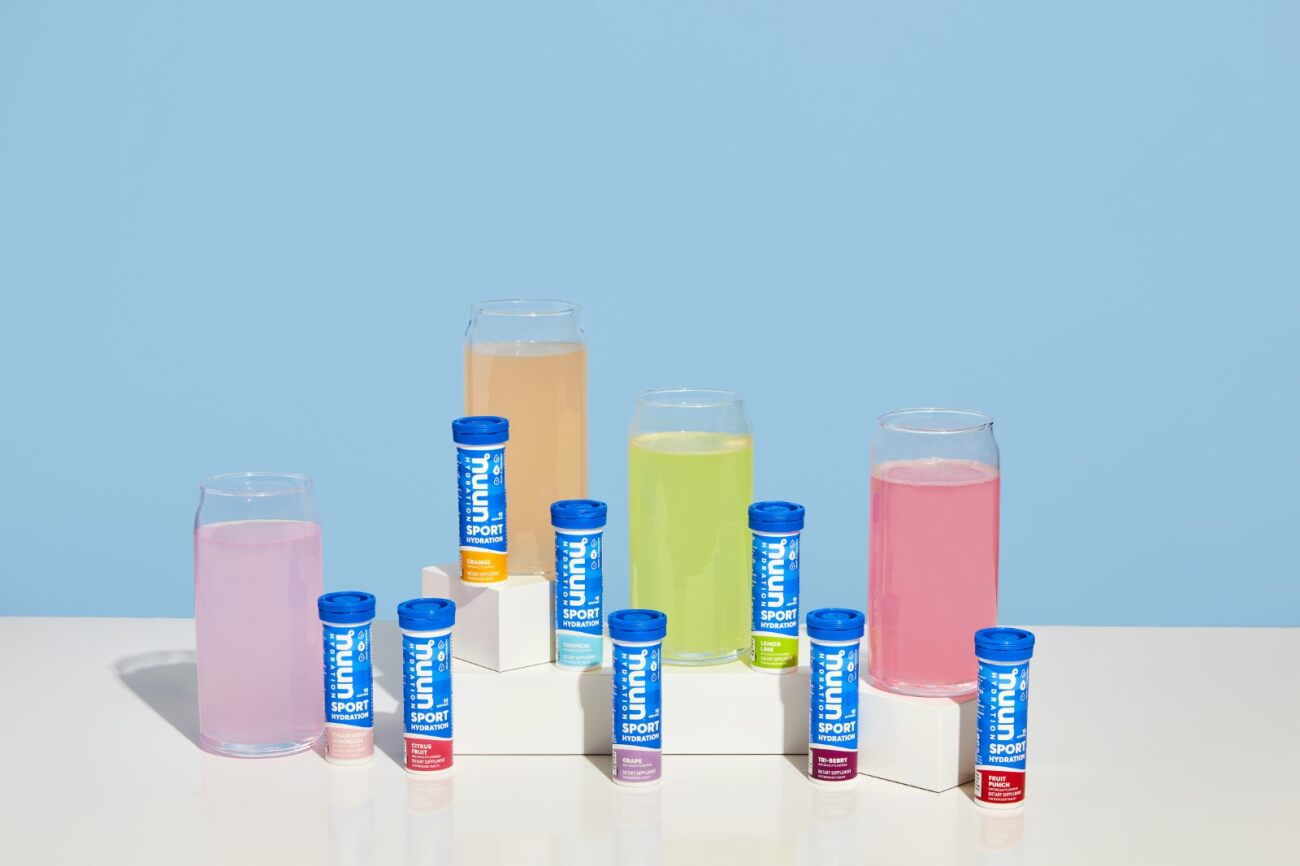How Stress Affects Your Immune System (And how you can manage stress naturally and effectively)

Let’s get the bad news out of the way first: According to a nationwide survey, stress and anxiety levels have increased significantly for adults of all ages since January of 2020. The good news is that decades of established scientific research give us an excellent understanding of how stress affects the immune system and what tools and tactics are the best solutions for treating stress and anxiety. In this article we’ll explore the nature of stress and the effects on immune system function, plus what scientific research shows about the most popular stress management techniques, with a detailed look at two specific ingredients that are popular in stress reducing supplements.
Stress and Your Immune System
Stress affects the immune system by direct and indirect processes. Directly, sympathetic nerves connecting the brain to the immune system transmit signals which affect the production, responses, and effectiveness of immune components. Indirectly, people experiencing stress tend to engage in behavior that has negative effects on the immune system. Changes in sleep patterns, diet, or increased alcohol consumption all have the potential to modify the immune system’s processes.
As early as 1998 it was also observed that the symptoms of stress affects the immune system by replicating the symptoms of illness. Decreased appetite, aches and pains, and fatigue are all symptoms shared between stress and sickness. Numerous studies link chronic stress to higher rates of diseases associated with inadequate immunity responses (like infections) as well as diseases associated with excessive immune activity (like autoimmune disorders and allergies). So, with chronic stress as a correlating factor in illness susceptibility it is imperative we defend ourselves from stress with the same vigilance we use to protect ourselves from germs and pathogens.
But what stress management technique is most effective?
What Science Says about Stress Management:
Increased physical activity is one of the most commonly studied stress management tactics. Aerobic exercise has been touted as the best exercise for treating depression and anxiety, with only five minutes needed to begin stimulating anti-anxiety effects. The neurochemical effects of exercise (like the reduction of stress hormones and an increase in endorphins) are bolstered by the behavioral/emotional benefits of exercise (like increased stamina, strength, and better sleep) for a well-rounded collection of physical and emotional benefits.
Mindfulness (including practices like meditation, deep breathing, and daily journaling) is a less physically demanding way to deal with stress and it has been shown to reduce stress as well as treat anxiety and depression. In a study of medical students practicing mindfulness techniques during their stressful exam season, the mindful students saw fewer negative effects on their immune system when compared to their un-mindful counterparts.
Diets, Supplements, Medication, and Holistic Remedies all fall into a category of attempting to manage stress through the selective ingestion of nutrients, minerals, and/or medicines. With so many different options for people looking to reduce their stress it’s hard to know what ingredients/nutrients are scientifically proven to make a difference in stress levels.
But what nutrients have been scientifically proven to help with stress?
Magnesium
Stress Reduction
Supporting Nerve Function
Aids Muscle Function
Tart Cherry
Natural Sleep Support
Inflammation Reduction
Pain Relief
Magnesium and Stress
Playing a key part in over 300 chemical processes in the body, a lack of magnesium can lead to depleted energy, reduced physical power, and muscle cramps or spasms. Chronic magnesium deficiency has also been linked to reduced bone density, increased risk of anemia, depression, and irregular heart rate. Magnesium also plays a crucial role in managing stress by supporting deeper sleep and relaxation through the maintenance of healthy levels of GABA (a neurotransmitter). Magnesium is not produced by the body, so most people get this essential nutrient through the food they eat. However, dietary surveys of the population indicate that about 70% of people are not consuming enough magnesium in their diets. Since magnesium is crucial for muscle function and lost through sweat, people adding physical activity to their stress management practices should be especially conscious of getting enough magnesium for their body.
Tart Cherry and Sleep
While some people take melatonin (a hormone that helps regulate the sleep cycle) to help them get to sleep, the consumption of Tart Cherry encourages the natural production of melatonin internally. According to this study, adults who consumed tart cherry saw an increase in their natural melatonin levels and sleep efficiency. Tart cherry is also good for inflammation and pain reduction. Research from the Oregon Health and Sciences University demonstrated tart cherry consumption reduced inflammation biomarkers found in study participants. Tart Cherry works with the body’s natural relaxation functions, rather than just supplementing melatonin volume.
Since over 80% of adults report experiencing sleep difficulties as a result of stress, and changes to sleep patterns can alter immune function, it is crucial to prioritize quality sleep as part of any stress management plan.
The ties between stress and immune health are clear, but the techniques you choose to use in dealing with stress are personal. Adjusting your lifestyle to include increased physical activity, a mindfulness practice, and supplemental consumption of Magnesium and Tart Cherry are all effective options supported by scientific research. So, take a deep breath and feel confident that you have the knowledge you need to make informed choices about how to best reduce your stress and support your immune system.


